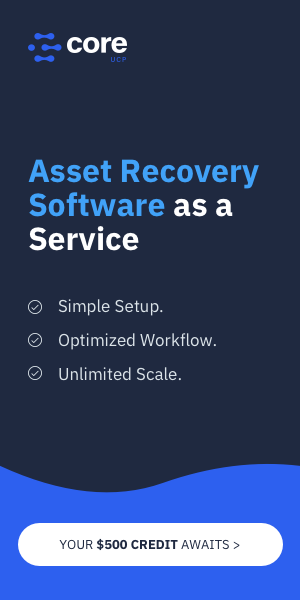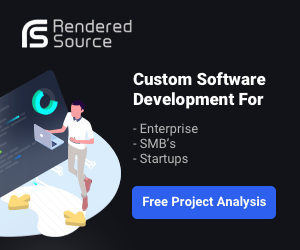Work-From-Home Individuals
What is Unclaimed Property?
The best way to answer this question is to quote the Unclaimed Property Authority, the National Association of Unclaimed Property Administrators (NAUPA) directly:
Unclaimed property (sometimes referred to as abandoned) refers to accounts in financial institutions and companies that have had no activity generated or contact with the owner for one year or a longer period. Common forms of unclaimed property include savings or checking accounts, stocks, uncashed dividends or payroll checks, refunds, traveler’s checks, trust distributions, unredeemed money orders or gift certificates (in some states), insurance payments or refunds and life insurance policies, annuities, certificates of deposit, customer overpayments, utility security deposits, mineral royalty payments, and contents of safe deposit boxes.
What is an Asset Recovery Company?
For a large corporation, they may have hundreds or thousands of subsidiary legal entities (sub-companies they also own). These entities may have a presence in all 50 states, hundreds or thousands of cities and counties (let’s call all of these “Agencies”). In order to check if an Agency hold Unclaimed Property for one of the entities, you must somehow get a list of all of the properties of the Agency, then search it for your entity name. Some states have a website to search, but imagine searching up to 50 websites for one entity name, and it’s conceivable you have hundreds or thousands of legal entities. That’s only states, what about the hundreds or thousands of cities and counties? It’s a nightmare!
That’s where an asset recovery company comes in. They perform Freedom of Information Act (FOIA) requests to many states, cities, counties, and various other sources. In return, they receive data in inconsistent formats like PDF’s that are saved as images (not text), having to use special OCR-based technology solutions to try to get the data into a format in which they can import into a database, and they search.
Once in a consistent format and in a database, they search the data for each of the entities of their customers, file a claim with the Agency, and return the money to their customer, typically receiving up to 10% of the claim amount.
Each state/city/county/etc publishes their ‘new’ data on their own schedules. It could be monthly, bi-monthly, quarterly, bi-annually, annually, etc. It’s the job of the asset recovery company to monitor these Agencies schedules and continuously do FOIA requests when new data is available, format it, insert it into the database, run a search for the customer, claim, get paid, rinse, repeat. FOR EACH AGENCY!
This is costly and time consuming and very difficult to impossible to collect data from all Agencies.. That’s where you come in!
Working From Home Opportunity
Performing a FOIA request is a similar process for each Agency. You send a formal request, by email, mail, or whatever the individual Agency’s requirements (on their website or call them). Their may be a small fee, assuming it’s paid, the data is then sent to you.
The goal is to get the data into an Excel or .CSV format, so that it’s tabular data that can be inserted into a database. Once you receive the data, you do what is necessary to get it into a tabular format, verify the data against the Agency website (usually possible on most all state sites, search “STATENAME unclaimed property”), then post the file to the Elura decentralized network for whatever price you choose. If it’s a simple file that comes already in a .CSV format, then likely it may be there already or not worth as much. But if you have to spend a lot of time getting the data out of a format that is more difficult, like image-based PDF, then that is valuable because a lot of organizations lack the technology to do this. Some even manually type the data!
If you are interested in working from home, and interested in the mission to return all unclaimed property to it’s rightful owner, please reach out to us using our contact form. We are currently in the pilot phase, working with hand selected participants. We are running transactions on the Ethereum Rinkeby testnet, testing the functionality, API, privacy and security. If you contact us and express an interest to participate, we can open up the pilot to include your organization.


